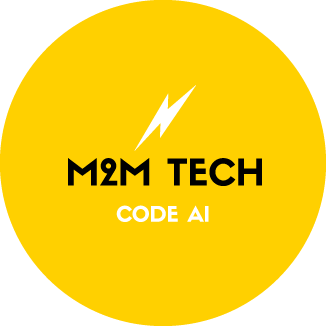What is Data Analyst?
A Data Analyst is a professional who works with data to derive meaningful insights and support decision-making processes. In today's digital age, vast amounts of data are generated by various sources such as businesses, organizations, and individuals. However, this raw data is often unorganized and difficult to comprehend, making it challenging to extract valuable information from it.
Data Analysts are skilled at collecting, organizing, and analyzing large datasets using specialized tools and techniques. They possess a strong understanding of statistical analysis and data manipulation, enabling them to identify patterns, trends, and correlations within the data. By applying various statistical methods and mathematical models, Data Analysts can uncover valuable insights that can drive business strategies, optimize processes, and solve complex problems.
One of the primary roles of a Data Analyst is to translate data into a format that is easily understandable by stakeholders and decision-makers. They utilize data visualization techniques such as charts, graphs, and dashboards to present their findings in a clear and concise manner. This enables non-technical professionals to grasp complex concepts and make informed decisions based on the insights provided.
Data Analysts also play a crucial role in data quality assurance. They ensure that the data being analyzed is accurate, consistent, and reliable by performing data cleansing, validation, and verification processes. This ensures that the insights derived from the data are trustworthy and can be relied upon for making critical business decisions.
Furthermore, Data Analysts often collaborate with other teams or departments within an organization, such as marketing, finance, or operations. They work closely with these stakeholders to understand their specific data needs and provide actionable insights to address their unique challenges. Effective communication and the ability to work in cross-functional teams are essential skills for Data Analysts.
“ Database analysts design, develop and administer data management solutions. Data administrators develop and implement data administration policy, standards and models. They are employed in information technology consulting firms and in information technology units throughout the private and public sectors.”
The most important things to consider
Data Proficiency: A Data Analyst must have a strong proficiency in working with data. This includes skills in data collection, data cleansing, data manipulation, and Data Analysis. They should be comfortable with various Data Analysis tools and programming languages such as SQL, Python, or R. Proficiency in statistical analysis and data visualization techniques is also essential for effectively interpreting and presenting data insights.
Analytical Skills: Data Analysts need to possess strong analytical skills to extract meaningful insights from complex datasets. They should have a keen eye for detail, be able to identify patterns and trends, and make accurate observations. They should be comfortable working with both structured and unstructured data and have the ability to apply appropriate analytical techniques and statistical methods to draw reliable conclusions.
Business Acumen: While technical skills are crucial, a Data Analyst also needs to have a solid understanding of the business context in which they operate. They should be able to align Data Analysis efforts with the organization's goals and objectives. This involves developing a deep understanding of the industry, market dynamics, and key business metrics. By connecting data insights with business strategies, Data Analysts can provide actionable recommendations and contribute to informed decision-making processes.
- Salary Low: $50,776.00
- Salary High: $124,102.00
- Education Needed: Bachelor's

Job Duties
- Collect and document user requirements
- Design and develop database architecture for information systems projects
- Design, construct, modify, integrate, implement and test data models and database management systems
- Conduct research and provide advice to other informatics professionals regarding the selection, application and implementation of database management tools
- Operate database management systems to analyze data and perform data mining analysis
- May lead, coordinate or supervise other workers in this group
Employment Requirements
- A bachelor's degree or college program, usually in computer science, computer engineering, or mathematics is usually required.
- Computer programming and related experience is usually required.








